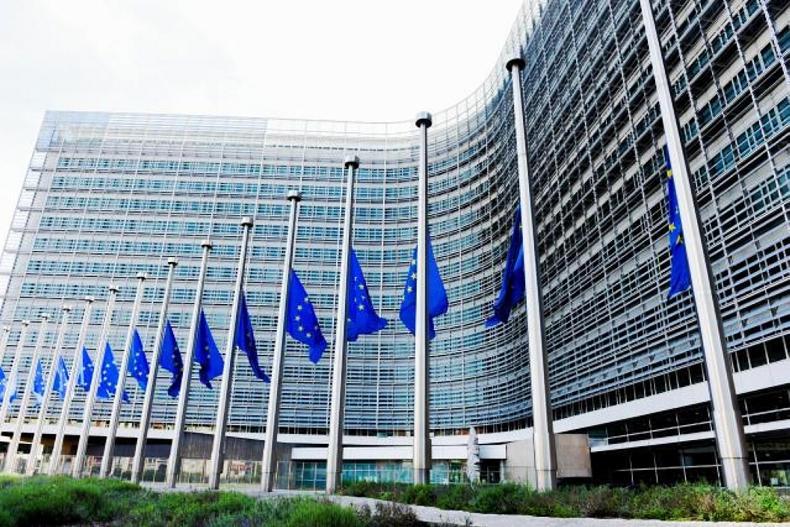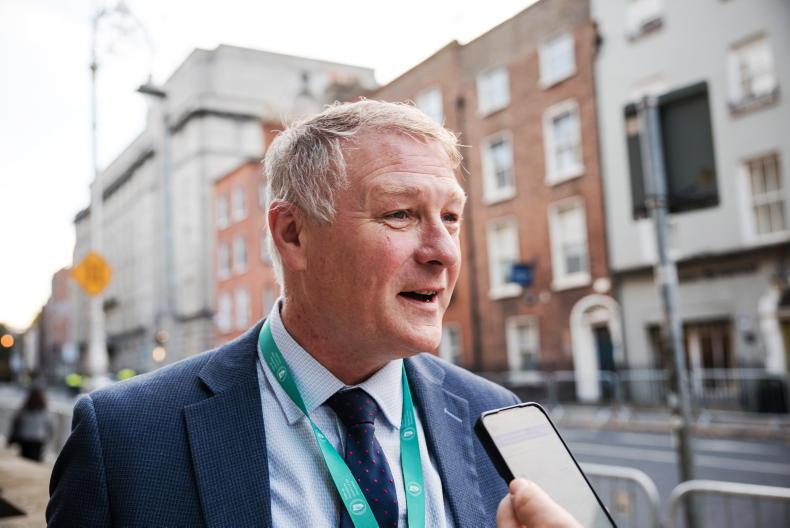European Commissioner for Agriculture Phil Hogan told the Irish Farmers Journal in Brussels this week that “if the circumstances are right, we could have a deal quite soon” with the Mercosur countries. This more or less repeats what he said after the Farm Council in Luxembourg last week, which was the first time he gave the impression that a deal was a real possibility.
The technical discussions between the EU and Mercosur negotiators have been ongoing in Brussels since last Friday. These moved into the political arena as we went to print on Wednesday evening with a working dinner attended by Commissioners Hogan (agriculture), Malmström (trade) and vice-president Katainen and the relevant political representatives from the South American side.
Trade negotiations, by their nature, are slow with much of the time dedicated to technical issues or the detail
Interestingly, Commission president Junker was on his way to Japan for the G20 summit which takes place in Japan this Friday and Saturday and will be attended by the leaders of Brazil and Argentina, both members of the G20.
Trade negotiations, by their nature, are slow with much of the time dedicated to technical issues or the detail but by any standards the Mercosur negotiation has been slow, lasting 20 years at this point.
When an intense session of technical discussions moves into the ministerial phase as is the case now in Brussels, then political decisions have to be made.
The South American demand is for access to the EU for its agricultural produce, particularly beef, poultry and sugar, with beef being the issue that affects the greatest number of Irish farmers
In the case of this negotiation, it is about the EU getting access to the Mercosur countries for cars, car parts, other industrial goods, pharmaceutical and recognition of geographical indicators (GIs). The South American demand is for access to the EU for its agricultural produce, particularly beef, poultry and sugar, with beef being the issue that affects the greatest number of Irish farmers.
There is no good Mercosur trade deal for Irish farmers and any gains for the rest of the economy from a deal will be paid for by beef producers in Ireland and across the EU. Part of the difficulty is that the EU is now on the brink of concluding a deal based on offers made when the UK, the biggest net importer of beef in the EU, was very much a member.
However, since then, the UK has decided to leave the EU and as part of its preparation for a no-deal Brexit has created a massive 230,000t beef access quota, open to all comers including the Mercosur countries. This in itself would seriously damage the beef industry in the EU, and it would be exacerbated by a further 70,000t or 99,000t beef from Mercosur countries.
Damage limitation
With the Commission in its final weeks keen to close the deal and the South American side keen to do business, a deal looks unstoppable. What can the European Commissioner for Agriculture do to reduce the damage caused by a deal? Using the Japanese deal as a model, have a prolonged lead-in of at least 15 years and a minimum tariff at the end of the period no lower than 9% as is the case with EU exports to Japan even after 15 years.
The EU should also suspend any implementation of a deal until Brexit is resolved and no increased access should be granted unless the UK remains within an EU customs arrangement, thereby negating its separate 230,000 tariff-free beef quota.
What can the Irish Government do?
The Taoiseach, along with the French president and the leaders of Poland and Belgium, has already written to European Commission president Jean-Claude Juncker to express their concerns with a deal. Ultimately, they have the final say on any deal and Commissioner Hogan has been careful to mention that South American ambitions have to be realistic enough to be accepted by all member states for any deal to be accepted.
In practice, any deal agreed now will take several years to clear the EU institutions before coming into effect even provisionally and then it has to get national approval
In the case of an earlier deal with Canada (CETA), it was almost blown off course at the last minute by the Wallonia parliament in Belgium, so ultimately any Mercosur deal has to pass the Dáil.
In practice, any deal agreed now will take several years to clear the EU institutions before coming into effect even provisionally and then it has to get national approval.
Comment
A trade deal between the EU and Mercosur has been close before but with many in the European Commission in the mood following other deals being concluded, there is a desire for one more before the end of term. In the case of South America, there will be elections later this year and better beef access to the EU is a good campaign tool. For Irish and EU beef producers, there is only a downside with Brexit in the background as well as deals pending with Australia and New Zealand, both of which will increase beef access. There is no good Mercosur deal for beef producers. The most we can hope for is damage limitation if a deal is agreed.










SHARING OPTIONS